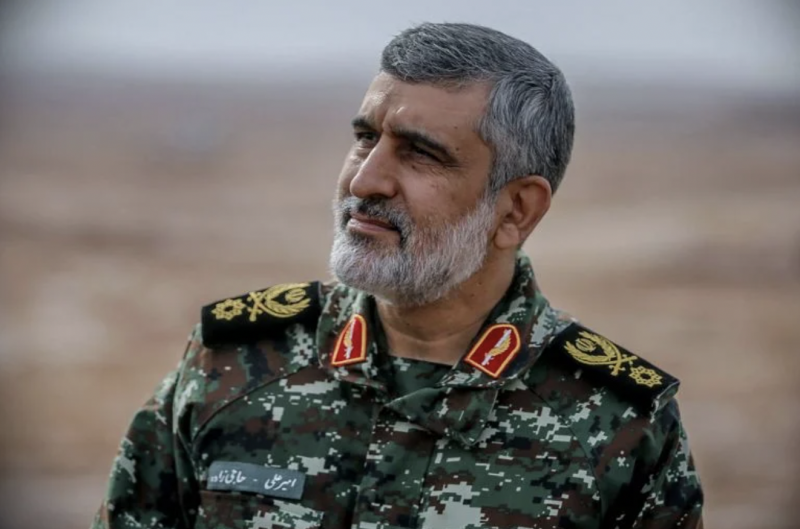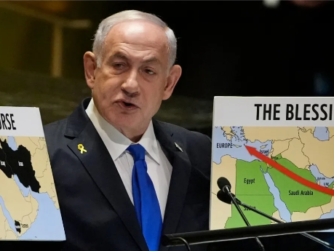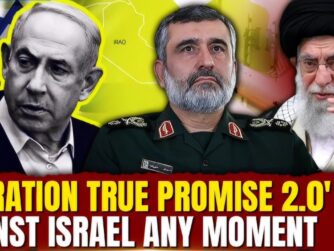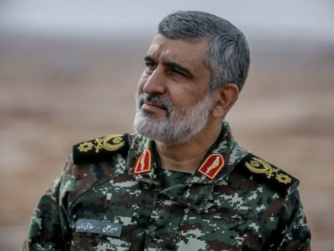We are witnessing significant shifts in geopolitical influence and control over large regions. Historically, this influence has been predominantly held by the United States, and later Russia. Several key events have contributed to a new transformation:
1. The victory of Hezbollah and Lebanon in the 2006 conflict against Israel.
2. The counter-terrorism operations conducted by Iran’s Islamic Revolutionary Guard Corps (IRGC) against Daesh (ISIS) and Al-Qaeda in Iraq, Syria, and Lebanon.
3. Iran’s retaliatory response in 2020 against U.S. bases in Iraq following the assassination of a top IRGC Quds Force general, who was leading operations against ISIS and Al-Qaeda in the aforementioned countries.
4. Prolonged Iranian missile and drone strikes against Kurdish militants in Erbil and other parts of northern Iraq, following their involvement in terrorist attacks inside Iran targeting both demonstrators and police.
5. The unprecedented Iranian retaliatory operation against Israel, which was broadcast live for several hours.
These events underscore Iran’s increasing capacity to influence the geopolitical landscape of West Asia, challenging the dominance of both the United States and Israel in the creation of terror groups to trigger genocide and destabilise independant governments. Iran has established a deterrent capability, making it unlikely for these powers to attack Iran or its interests without facing severe repercussions, reprecussions that have been shown to be destructive for their hegemonic image. The perceived military supremacy of Israel has been undermined by Hezbollah, revealing Israel’s difficulties in confronting smaller paramilitary groups such as Hamas or the Palestinian Islamic Jihad.
Moreover, in recent years, several African nations have expelled French and American forces, opting instead to invite Iran’s IRGC and Russia to arm and assist in combating Salafi/Wahhabi terrorist groups in the Sahel region. Countries such as Burkina Faso, Mali, and Niger, which have experienced anti-imperialist coups, exemplify this trend. This shift indicates a growing recognition that foreign troops often are supporting, training, and arming terrorist groups against the local populations and governments that represent their people and want to remain independant from western influence.




